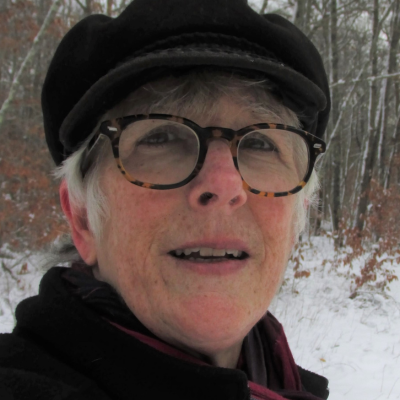Parshat Vayigash gives us the climax of the Joseph story.
Joseph reunites with his brothers and father, and then comes a denouement that seems to set the stage for the Israelite enslavement in Egypt. This transitional portion shows us how complicated it can be to disentangle the events of history, to determine “whose fault” it was/is when one people becomes oppressed by another.
After Joseph’s big reveal, the large clan of Jacob is welcomed by Pharaoh, and they are living comfortably on some of Egypt’s “choicest land” (Genesis 47:11) where the grazing is excellent for their large flocks. Joseph, meanwhile, continues to oversee the distribution of grain to all the inhabitants of Egypt. It can’t be an accident that, right after hearing about the comfort of Joseph’s family in Goshen, we are told how, step by step, Joseph moved the peasants of Egypt from paying for the grain they needed to survive to, finally, indenturing themselves to Pharaoh for it. And not only were they indentured, but Joseph actually engineers their dislocation from their ancestral holdings — perhaps to try to sever their emotional bond with the land they had farmed for generations:
So Joseph gained possession of all the farmland of Egypt for Pharaoh, every Egyptian having sold his field because the famine was too much for them; thus the land passed over to Pharaoh. And he removed the population town by town, from one end of Egypt’s border to the other. (47: 20-21)
Find more commentaries on Vayigash.
To me, the details of this story feel painfully familiar as an echo or precursor to the saga of Israel today. When a new people (even if they are actually an old, once-indigenous people) come into a land where they had not been in large numbers for centuries, and they prosper, and events unfold in such a way that the already-existing people end up having to leave their homes, leave their lands, lose much that was dear to them, things just cannot go smoothly. There are winners, and there are losers, and the suffering on both sides can be tremendous.
No one knows how the situation in Israel and the occupied Palestinian territories will turn out. Even Joseph, blessed by God with the ability to interpret dreams, only saw part of the future. (Though midrash has him seeing the 400 years of slavery and making sure his bones would be carried up out of the land.)
Today, the Jewish people have more pressing questions: Can people who have been our enemies become our allies? Can a State of Palestine flourish alongside a State of Israel? Can we be two neighboring peoples that prosper together, or must one people always hold sway over the other?
I love both the people and the land of Israel, and I am deeply proud of what our people have accomplished there. At the same time, I shudder when I hear of violence done to Palestinians in the West Bank by Jewish settlers (under the cover of the war with Gaza) who want to seize Palestinian land and drive its inhabitants away. We have a difficult task before us as a people: to stand up for ourselves and for the rights of the neighboring peoples among whom we dwell.
Find more commentaries on Israel/Palestine.
The Torah sometimes seems to send us mixed messages. On the one hand, God apparently “planned” for Israel to become enslaved in Egypt long before it happened. (Genesis 15:13) On the other hand, Israel’s enslavement appears to be a kind of moral “payback” for Joseph’s having impoverished and uprooted thousands of Egyptians when they were most vulnerable.
Most of the time, the Torah does not “preach” to us, but it shows us that every action has a reaction, that our deeds have consequences. Could Joseph have dealt with Egypt’s peasant population differently, empowering them, rather than taking all they had to further enrich Pharaoh?
What I think is needed in Israel and the occupied Palestinian territories today is the will to break the chain of the blame-game. We need a new generation of dreamers — those who can imagine a future of peace and prosperity for both Palestinians and Israelis together. Theodore Herzl famously said, “If you will it, it is no dream.” Perhaps it is time for us all to dream bigger, and to exert our will to make such a dream come true in this part of the world so dear to the various descendants of Abraham.
Shoshana Brown serves as cantor at Temple Beth El in Fall River, MA. She was ordained by ALEPH: the Alliance for Jewish Renewal; is chair of OHALAH’s Tikkun Olam Committee; and has written many articles over the years for The Jerusalem Report, the Journal for Synagogue Music, and the Fall River Herald News. In addition to writing and singing, Shoshana loves hiking and photography.

